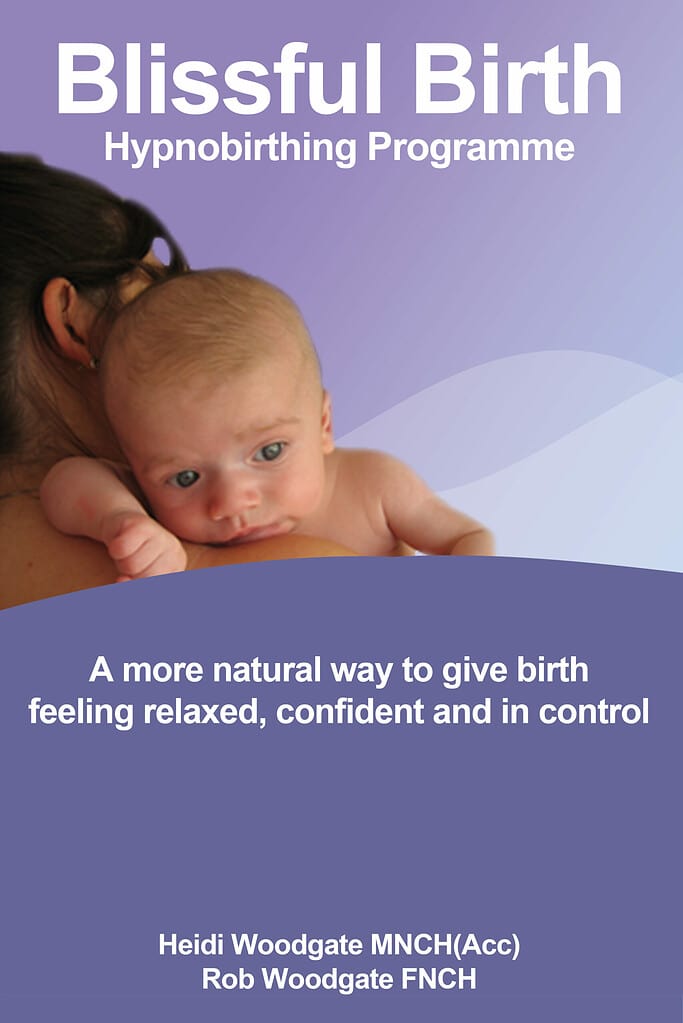Being pregnant doesn’t just come with many bodily changes. It also comes with many questions concerning what a pregnant woman can and can’t do.

Among the many questions that arise during this period, one important query is whether it is possible to donate plasma while pregnant.
The short answer is NO – women who are pregnant, have recently been pregnant, or who have tested positive for HLA antibodies may not donate plasma.
To find out why – read on!
Plasma donation plays a vital role in providing life-saving treatments to patients in need, and many individuals wish to continue their altruistic efforts even during pregnancy.
However, it is crucial to understand the potential risks and guidelines associated with plasma donation during this delicate phase of life.
In this article, we will explore the topic of plasma donation in depth, shedding light on the safety considerations and medical recommendations surrounding plasma donation during pregnancy, enabling expectant mothers to make informed decisions for themselves and their unborn child.
Table of Contents
What Is Plasma Donation?
Plasma donation is a process where individuals willingly provide their plasma, a component of blood, to be used for medical purposes.
Plasma, the liquid portion of blood, contains various vital substances such as antibodies, proteins, enzymes, and clotting factors. It plays a crucial role in maintaining the overall health and functioning of the body.
When donating plasma, blood is drawn from the donor’s arm and then separated into its components through a process called plasmapheresis.
The plasma is collected, while the red blood cells and other blood components are returned to the donor’s body.
The donated plasma is then used in various medical treatments, such as treating individuals with immune deficiencies, clotting disorders, burns, or other medical conditions.
Plasma donation is essential in producing life-saving therapies, including immunoglobulins and clotting factors, which are critical for individuals with specific medical needs.
Plasma donation centers typically follow strict screening processes to ensure the safety and eligibility of donors.
Donors may receive compensation for their time and effort, as donating plasma and blood requires regular visits and commitment.
That being said, it’s important to note that plasma donation is distinct from whole blood donation, as only the plasma is collected, allowing donors to contribute more frequently than with whole blood donation.
Donating Blood – Is It Safe For Pregnant Women?
While donating blood is a noble cause, it is essential to refrain from doing so during pregnancy. The American Red Cross explicitly prohibits blood donation for expectant mothers, requiring them to wait until at least six weeks after delivery.
However, it is advisable to wait even longer, as the World Health Organization (WHO) recommends a waiting period of at least nine months after giving birth.
During pregnancy, your iron requirements increase significantly, with WHO estimating a rise of about 350 to 500 milligrams (mg) due to the body’s increased production of blood to supply oxygen to the baby.
Since blood donation can deplete your iron stores, it is best to postpone the donation for now.
Moreover, most pregnant women experience some degree of anemia during or after childbirth, even if their blood counts were normal before pregnancy.
It’s worth noting that even non-pregnant donors who donate too frequently can develop iron deficiency.
Without taking iron supplements, it may take over five months for their iron stores to replenish properly. Therefore, it is crucial to prioritize your iron levels and overall health during this special time.

Donating Plasma -Is It Safe For Pregnant Women?
Similar to blood donation, it is also not possible to donate plasma until after you have delivered.
If you intend to donate plasma, blood, or platelets following a pregnancy, you will need to undergo Human Leukocyte Antigen (HLA) antibody testing, even if you are not currently pregnant.
If they test positive with the presence of HLA antibodies, you will be unable to donate plasma or platelets, although you may still be eligible to donate red blood cells.
The reason for this restriction is the potential risk of transfusion-related lung injury in the recipient.
If you donate blood to the Red Cross after pregnancy, they will not utilize the plasma and platelets from your blood for transfusion purposes. However, your red blood cells could still be utilized for donation.
It is important to prioritize the safety and well-being of both donors and recipients in the donation process. If not, the mother, baby, and recipient’s immune system could be compromised.
The Danger Of Donating Plasma When Pregnant
Currently, there is limited research on the effects of donating plasma during pregnancy on the developing fetus.
Some studies suggest that donating plasma (or blood) can increase the risk of anemia, which is particularly concerning during pregnancy.
However, the primary reason for not donating plasma while pregnant is the potential danger it may pose to the individual who receives the plasma donation.
During pregnancy, the baby’s red and white blood cells, which carry different genetic information, mix with the mother’s blood through the placenta.
As a result, the mother’s body releases a protein called human leukocyte antigens (HLA), to suppress the immune system enough to accommodate the presence of “foreign” material.
During a transfusion to another individual, these HLA antibodies can lead to a life-threatening complication known as transfusion-related acute lung injury (TRALI).
Even a small amount of plasma can cause TRALI in rare cases.
Due to these risks, donating plasma when pregnant is not permitted.
This applies to women who have recently been pregnant, or if they have tested positive for HLA antibodies for any other reason.
A blood plasma donation center typically requires HLA antibodies tests for individuals who have ever been pregnant, regardless of the length of time since the pregnancy.
Is Blood Donation Safe When Breastfeeding?
While the Red Cross allows blood donation six weeks after giving birth, it may be wise to wait until your baby has weaned for added precaution.
Both breast milk and blood require an essential component: water. After donating blood, your body might struggle to produce an adequate milk supply for your baby.
According to the World Health Organization (WHO), it is not recommended to donate blood if your baby is still dependent on your breast milk.
It is advisable to take a more relaxed approach and wait for a three-month gap between weaning and blood donation.
If you choose to donate blood during this period, it is crucial to stay well-hydrated by drinking plenty of water to support milk production. Prioritizing both your own health and the needs of your baby is of utmost importance.
In Summary – Can You Donate Plasma While Pregnant?
It is not recommended that you donate blood or plasma when pregnant.
Plasma donations remain crucial for patients requiring treatment for burns, shock, trauma, and other conditions, but plasma donations, both during and after pregnancy (at least six weeks after the baby is born, though nine months is recommended), should be avoided.




